The answer is yes, yellow teeth can become white again, but it takes time and effort to do so. The best way to remove yellow teeth is by using toothpaste with whitening properties or getting your dentist to perform a professional cleaning procedure that uses teeth-whitening products.
Things that can Cause Yellow Teeth
Yellow teeth are not a serious problem, but they can be embarrassing. Yellow teeth are caused by the build-up of stains on the surface of the tooth. These stains originate from various sources such as:
- Tobacco
- Food and drinks
- Poor dental hygiene
- Aging
- Some medications
- Genetics
Things to Help Prevent Yellow Teeth
Below are some things you can do to prevent yellowing include:
- Gently brush your teeth with a mild cleanser, such as baking soda or hydrogen peroxide.
- Using an electric toothbrush will ensure you are brushing for the right amount of time. They also help remove stains that build up on your teeth around the gums.
- Eat fruits and vegetables that help clean your teeth as they are chewed.
- Stop smoking or chewing tobacco products.
- Have your teeth professionally cleaned twice a year by a dentist.
How Can I get Whiter Teeth?
If you’re looking to whiten your smile, there are several methods you can use. Some of them are cheaper or more convenient than others, and all of them have different levels of effectiveness, but be sure to follow the directions carefully for the best results.
Below are some teeth whitening options:
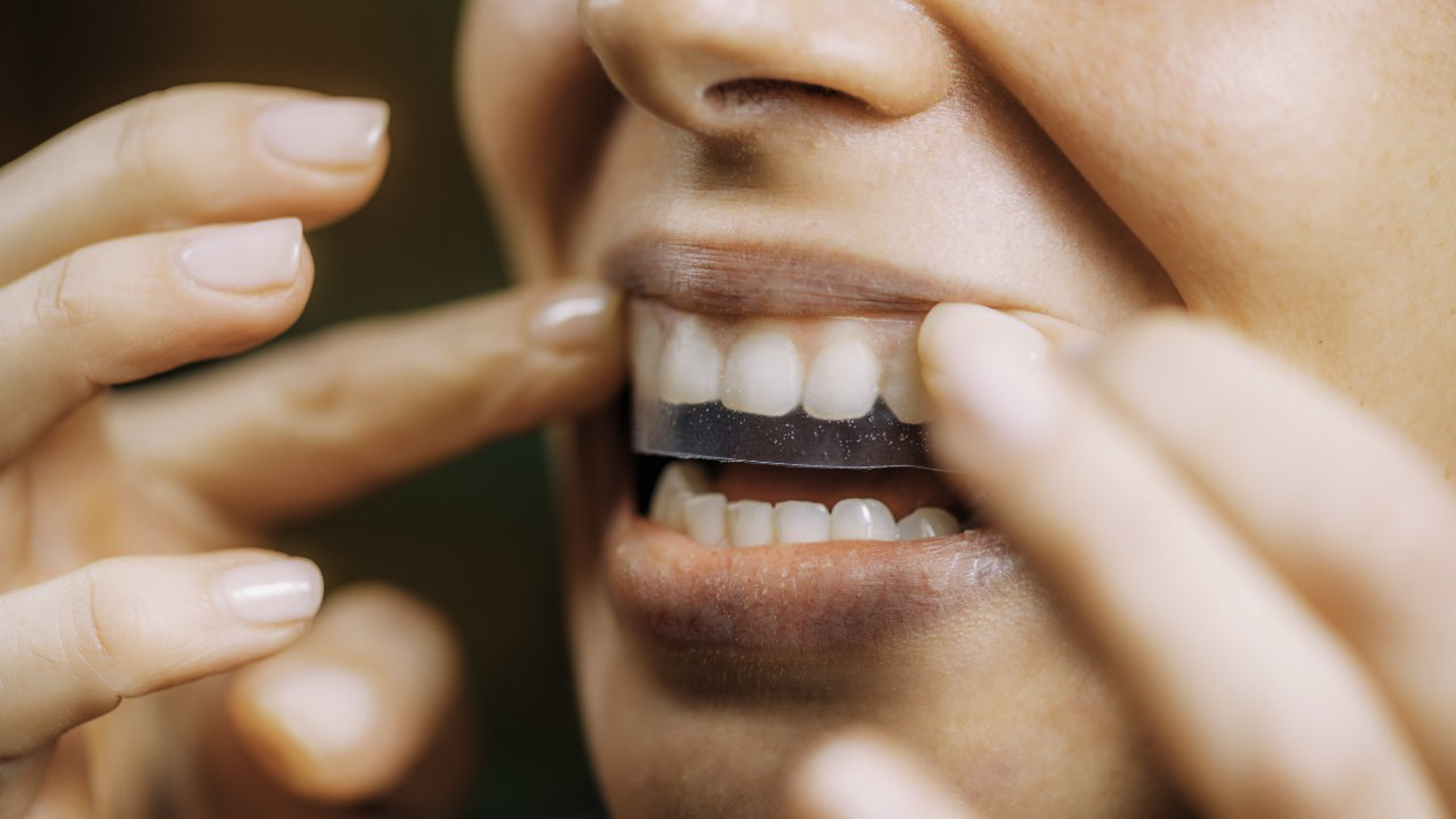
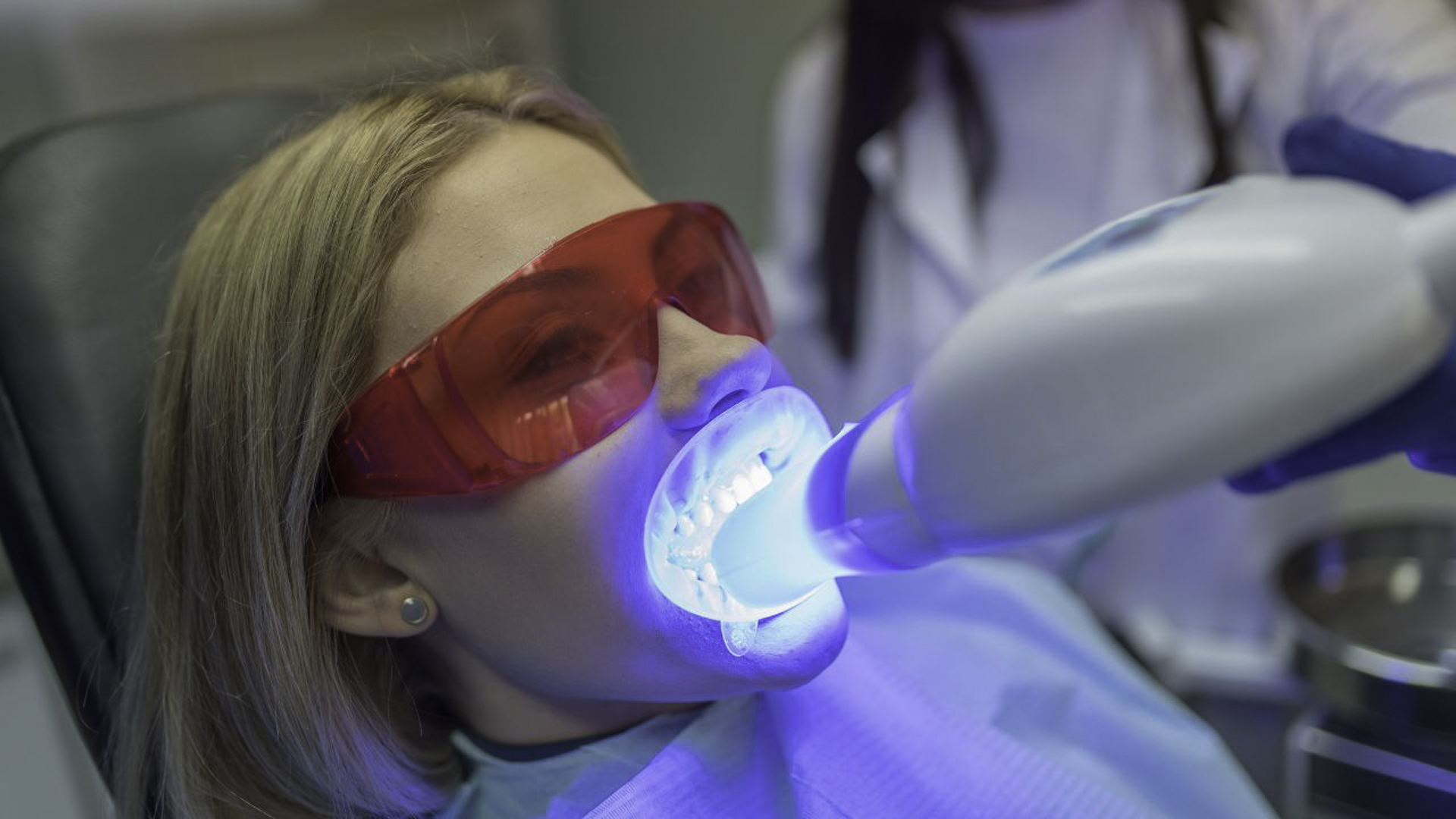
Teeth whitening strips or trays.
These are plastic trays that fit over your front teeth and contain peroxide (the same as in whitening toothpaste). They gradually release peroxide onto your teeth over 15-30 minutes after being applied – this process is known as desensitizing. You wear them overnight and then remove them in the morning before brushing your teeth again with whitening toothpaste. Some people find that they become less effective over time; however, they can be reused several times before they need replacing.
Teeth whitening toothpaste and gels.
These work by removing surface stains on the teeth. They do not usually remove deeper stains. You need to use them regularly and for a long time in order for any effect to be noticeable. However, overuse can cause sensitivity to the teeth, so it’s best to ask your dentist if one is suitable for you.
Professional teeth whitening
Teeth whitening professionals use high-powered lasers to break down stains in tooth enamel. This process can take anywhere from 15 minutes to an hour, depending on how severe your staining is. The dentist will apply a special gel to your teeth, which helps protect them from heat damage during treatment. The laser then targets stains at different depths inside your tooth enamel. The gel helps ensure that only stained portions of your teeth are affected by the laser.
Does Teeth Whitening Hurt?
One of the most common questions people ask about teeth whitening is whether or not it hurts. Because each person’s experience is unique, the answer to this question will vary from person to person.
To begin with, there are several types of whitening treatments available. The most common are in-office procedures done at a dentist’s office and over-the-counter products that can be done at home. Each of these methods has its own degree of discomfort associated with it. The most commonly reported side effects for in-office teeth whitening involve sensitivity to cold, hot liquids, and even light for a few days after treatment. Over-the-counter treatments tend to have milder side effects such as gum tenderness and teeth sensitivity.
While the discomfort associated with teeth whitening might be short-lived, the benefits are often long lasting.
How Long does Whitening Teeth Last?
How long you can expect your teeth whitening to last depends on what you eat, drink, and how often you smoke. If you avoid the things that stain your teeth, and brush/floss regularly, it can last as long as 3 years or as little as 6 months. This varies from person to person.
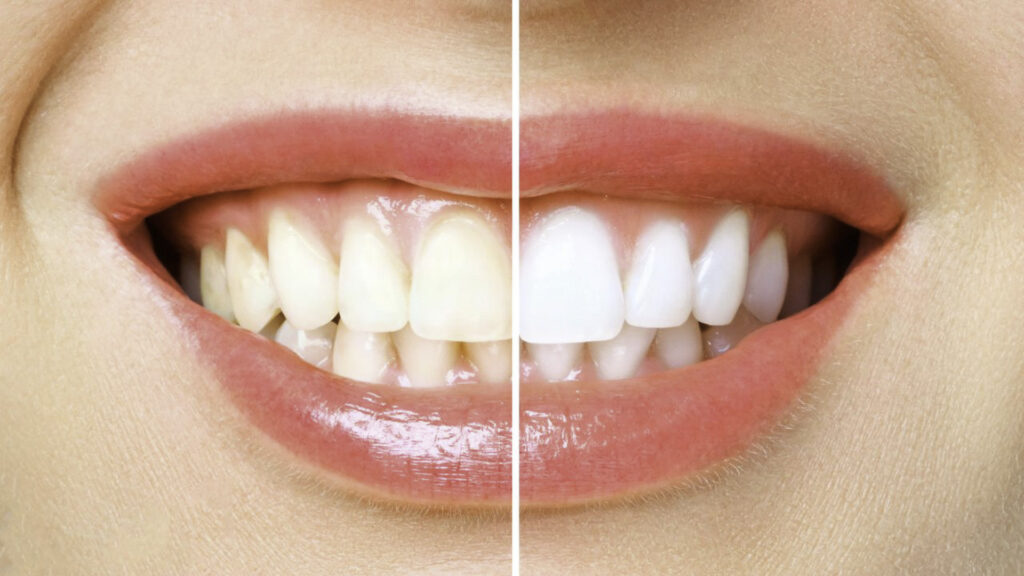
What to Avoid after Teeth Whitening?
To maintain the brightest smile possible after teeth whitening, you’ll want to avoid certain foods and beverages.
- Dark or strongly colored liquids: for instance, tea, coffee, red wine, cola, and tomato juice.
- Acidic beverages: examples are soft drinks, fruit juices, and alcohol in general.
- Foods with natural or added colorants: beef, soy sauce, ketchup, bologna, and chocolate are examples.
Is Teeth Whitening Covered by Insurance?
Unfortunately, teeth whitening is a cosmetic procedure that is not typically covered by insurance. This means that unless your dentist offers in-house financing or works with a company that offers it, you will need to save up or try less expensive options—as long as they are safe. Meanwhile, the best place to start is to talk to your dentist.
Teeth Whitening in Murray, UT
If you are looking for a Dentist in Murray Utah, Dr. Daniel W. Ormsby, DDS is a great place start! Dr. Daniel Ormsby is one of the most experienced dentists in Murray, Utah with over 20 years as a dentist. Give our office a call today at (801) 407-9956 and lets discuss your next step in dental care.
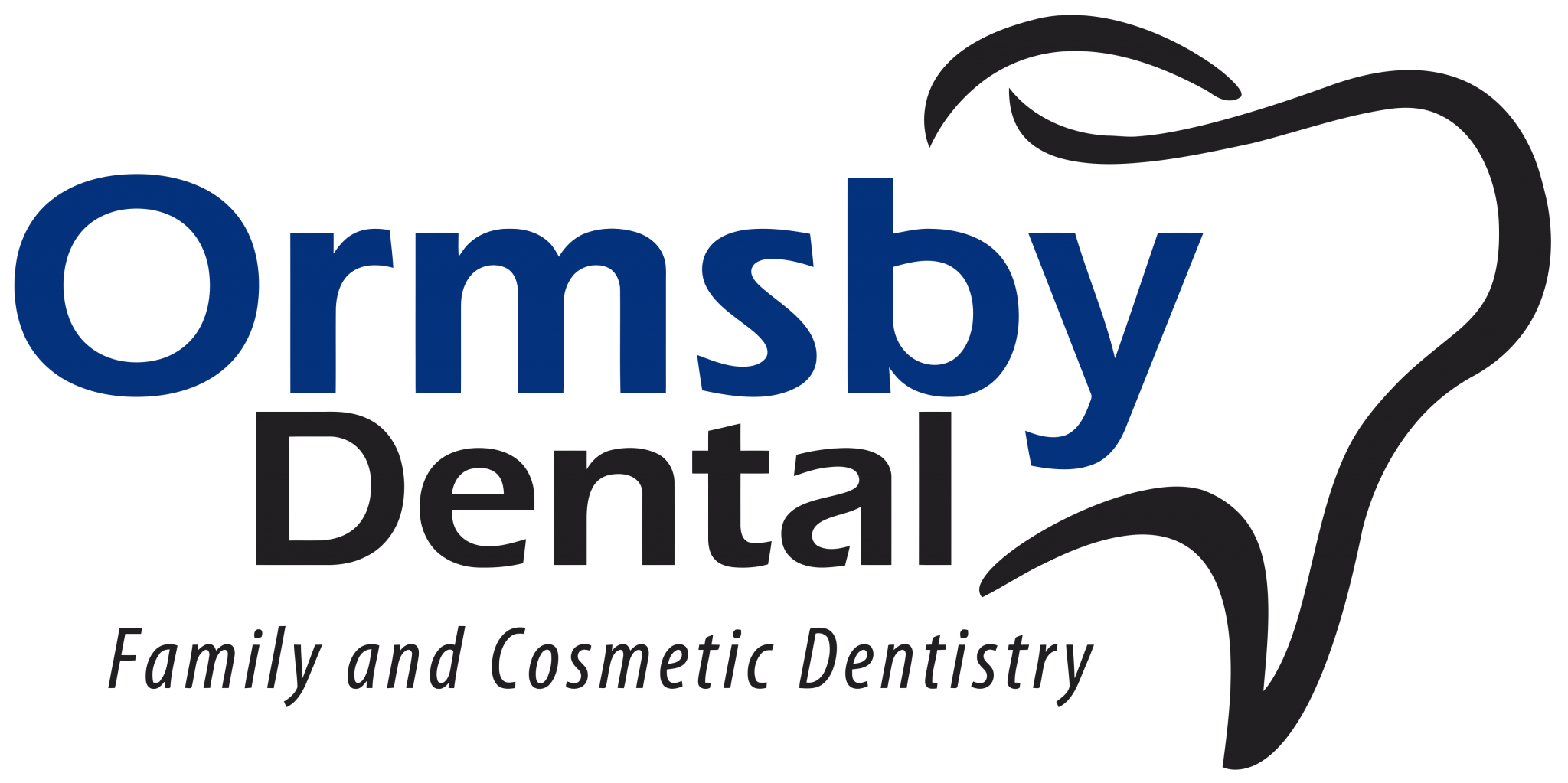
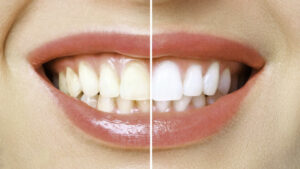
 Six Medical Conditions Your Dentist Can Detect
Six Medical Conditions Your Dentist Can Detect